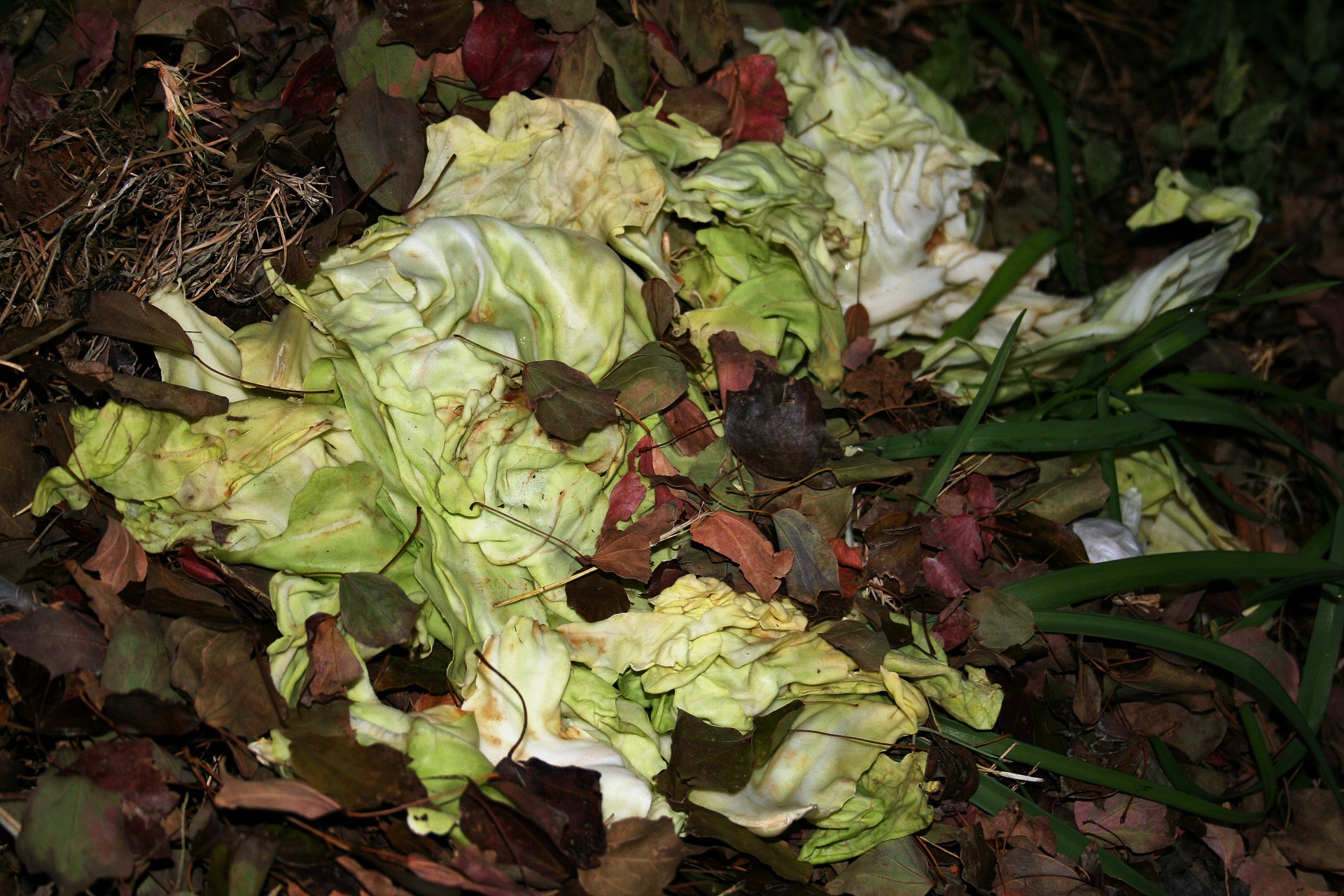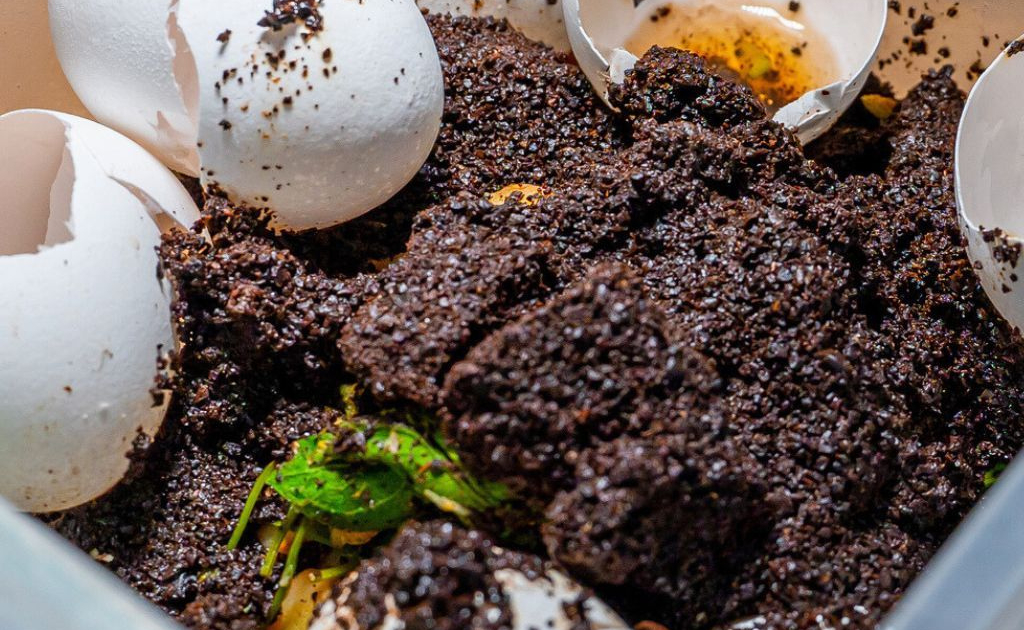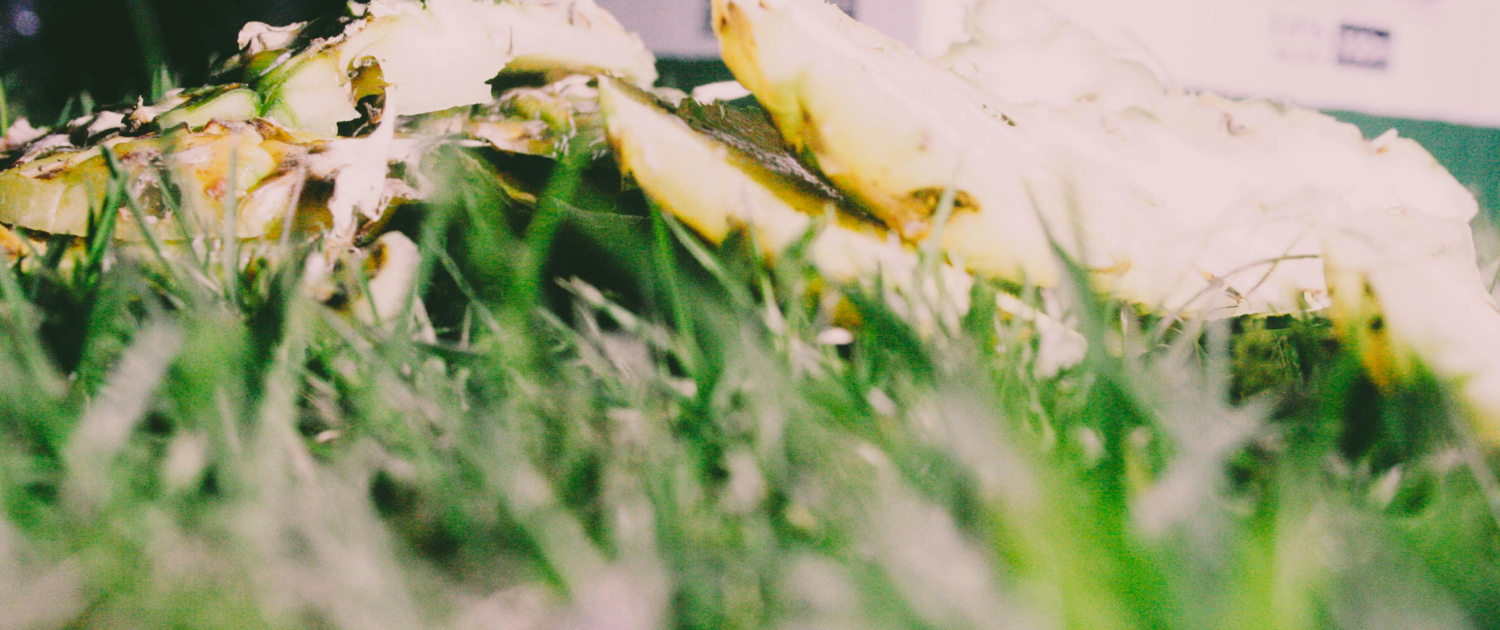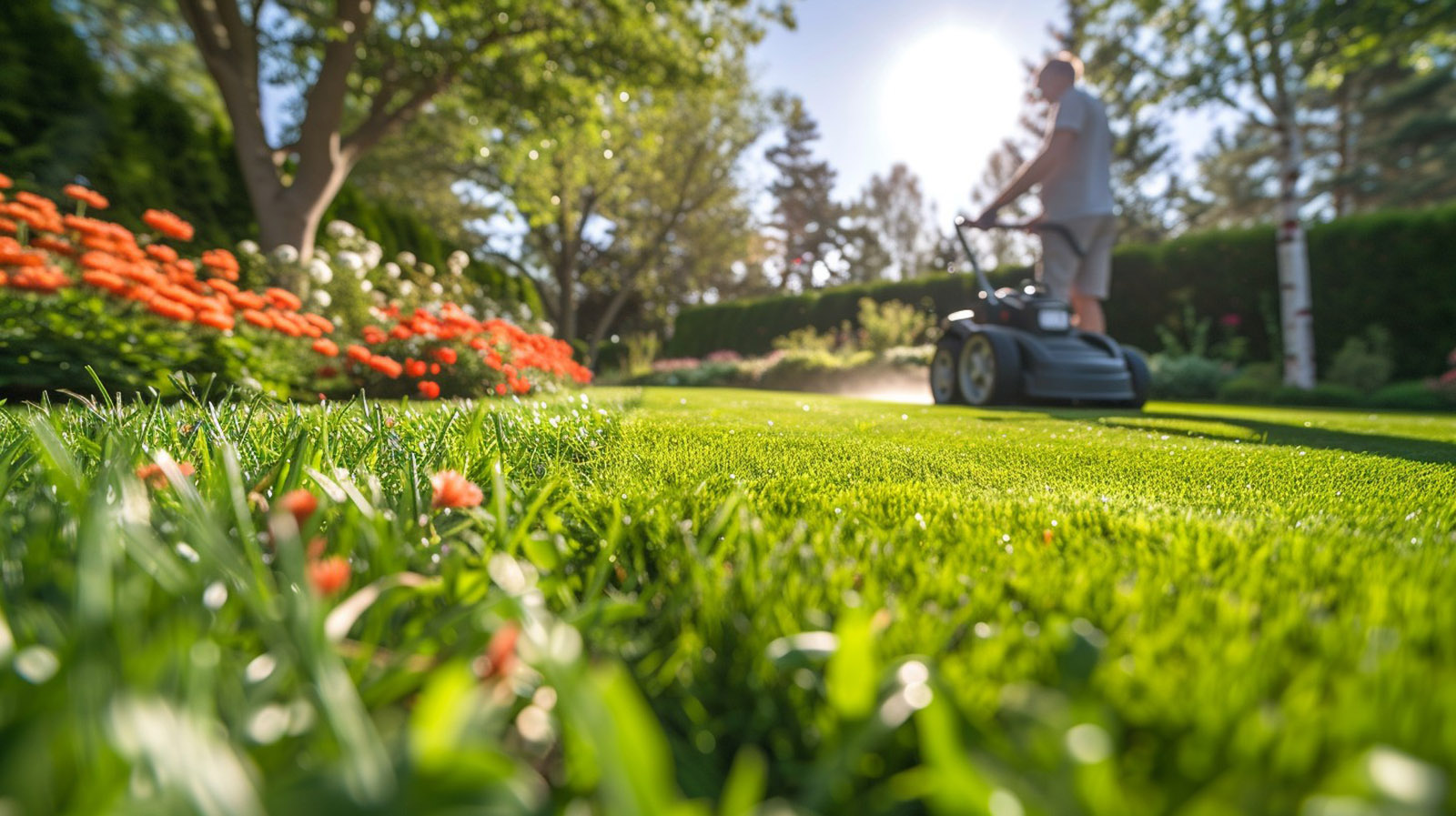
Welcome, gardening enthusiasts of the Okanagan Valley, Vancouver Island, and the Lower Mainland! As the seasons shift and the sun graces our landscapes once again, it’s time to delve into the art of composting. Transforming kitchen waste into nutrient-rich soil is not just eco-friendly; it’s also a rewarding way to nurture your garden and reduce waste. Join us as we explore the ins and outs of mastering compost, tailored to the unique weather and climate of our beautiful British Columbia regions.

Understanding Your Climate: Before diving into composting, it’s crucial to understand the weather and climate of your specific region. In the Okanagan Valley, known for its warm summers and relatively mild winters, composting can thrive year-round with proper management. Vancouver Island’s temperate climate offers ample moisture, ideal for composting, while the Lower Mainland’s mild, rainy winters provide optimal conditions for decomposition. By harnessing the strengths of your local climate, you can maximize the success of your compost pile.
Getting Started: Begin your composting journey by selecting a suitable location for your compost bin or pile. Ensure adequate drainage and ventilation to prevent waterlogging and promote airflow, especially in regions prone to heavy rainfall like the Lower Mainland. Layer kitchen scraps such as fruit and vegetable peelings, coffee grounds, and eggshells with carbon-rich materials like leaves, straw, and shredded newspaper. In colder climates such as the Okanagan Valley, consider insulating your compost pile with straw or a tarp to maintain heat during winter months.
Managing Your Compost: Regular maintenance is key to successful composting, regardless of your climate. Monitor moisture levels to prevent excessive dryness or sogginess, adjusting the balance of green and brown materials as needed. In regions with colder winters like the Okanagan Valley, turning your compost pile regularly can help accelerate decomposition and maintain optimal temperatures. Vancouver Island’s mild climate allows for continuous composting year-round, while the Lower Mainland’s occasional snowfall may require extra vigilance during winter months.
Harvesting Your “Garden Gold”: After several months of diligent composting, your efforts will be rewarded with rich, crumbly compost ready to nourish your garden. Spread compost around your plants as a natural fertilizer, improving soil structure and promoting healthy growth. In regions like the Okanagan Valley, where water conservation is essential, compost can enhance soil moisture retention, reducing the need for irrigation. Vancouver Island’s lush gardens will benefit from the nutrient boost provided by compost, while the Lower Mainland’s vibrant urban landscapes will flourish with sustainable soil enrichment.

Mastering Compost Turn Kitchen Waste into Garden Gold (2)
As we embark on another gardening season in British Columbia, let’s embrace the power of composting to cultivate thriving, sustainable gardens. By harnessing the resources provided by our local climate and adopting the principles of composting, we can turn kitchen waste into garden gold, enriching our soil, reducing waste, and nurturing our communities. Happy composting, and may your gardens bloom with abundance!

